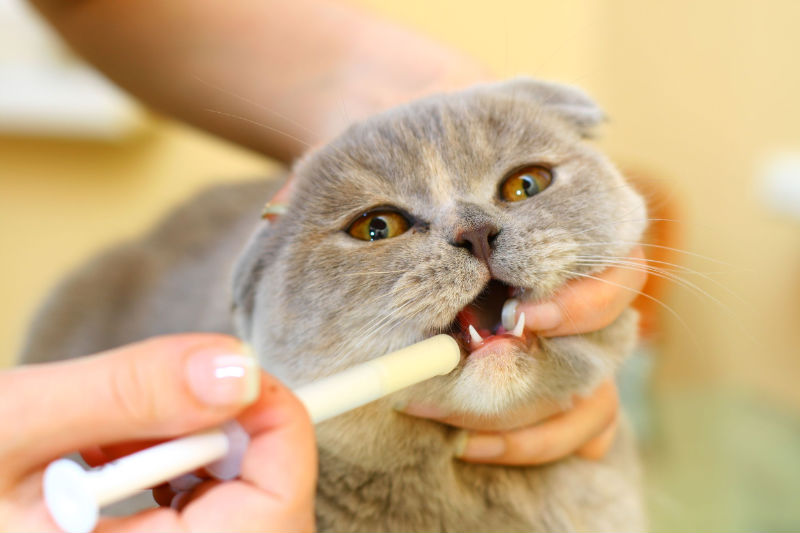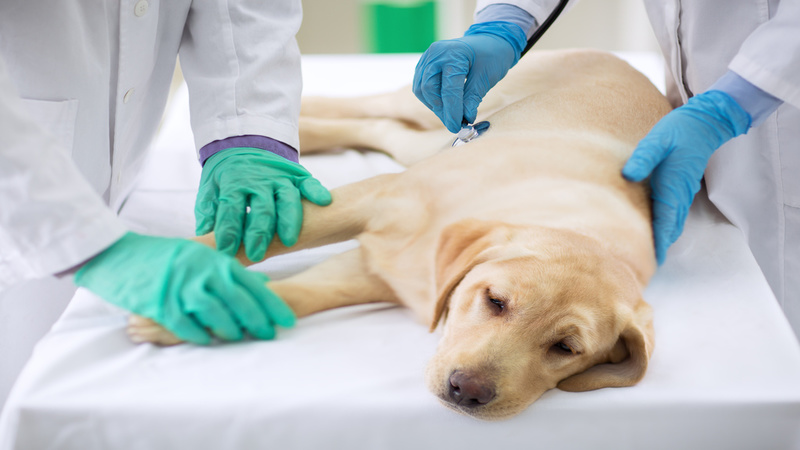It is vital that pets are vaccinated to protect them against developing life-threatening diseases. Not only are rabies vaccinations important for dogs and cats, but there are a number of vaccinations that pets need throughout their first 12 months of life. Along with spaying or neutering pets, vaccinations can help prevent the development of several diseases like distemper, feline leukemia and a number of other devastating diseases. Much like human infants, puppies don’t have an immune system when they are born.
The mother’s milk provides antibodies puppies need to prevent illnesses while they are young, but they need to be vaccinated to help stave off diseases. Puppy shots begin when they are about six to eight weeks of age. If the puppy came from a shelter or a breeder, there should be a record of which shots they have already had. Puppies will receive a series of shots every two to four weeks until they are about 14 weeks old. Then every year to prevent rabies and other diseases. To know more, click here.
Some of the Pet Vaccinations Lenexa KS vet clinic will give puppies include the DHLPPC, which stands for distemper, hepatitis, leptospirosis, parvovirus, parainfluenza and corona. It is a single shot designed to prevent those diseases. They should receive that shot every three weeks, starting at about six weeks old, until they reach the age of 12 months. Then at 14 weeks, they should receive a bordetella shot, one of Lyme disease and another for giardia. Their first rabies shot should be given at 16 weeks of age.
Kittens will receive their shots on a similar schedule and they should have their first shot at about six to seven weeks old. It is also a combination shot for feline distemper, rhinotracheitis and calicivirus. Another combo vaccine, with an added protection for pneumonitis should be given at 10 weeks old and their first rabies shot should be given at 12 weeks or a bit older. Kittens should receive three more combo vaccines at 13, 16 and 19 weeks old, which also protect against feline leukemia.


